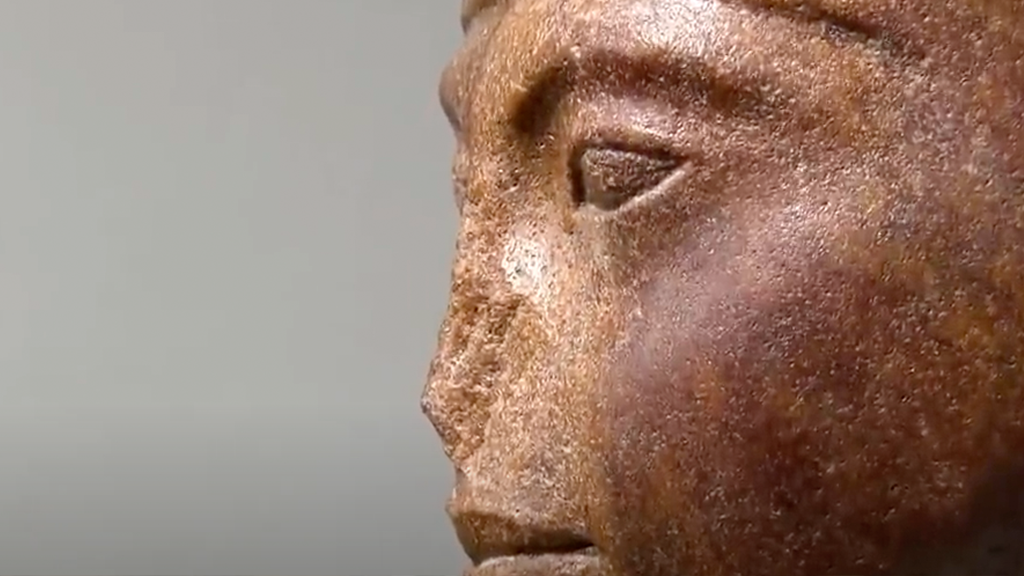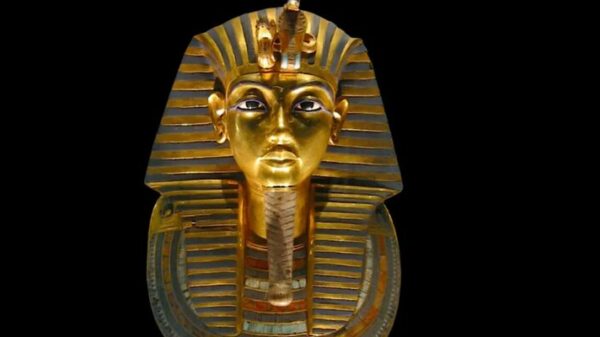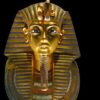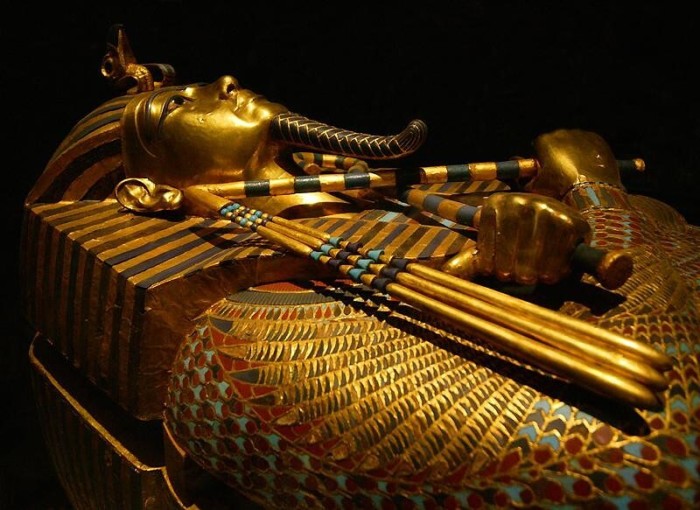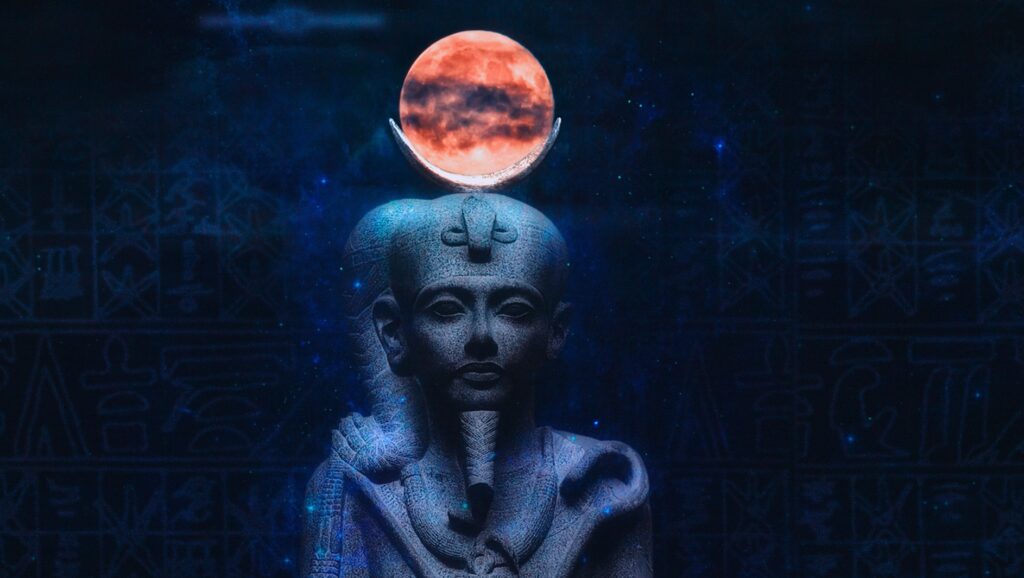The mystery of King Tutankhamun’s death has been the subject of much debate and speculation over the years. Various theories have emerged, with some suggesting that he died due to an accident, while others propose more dramatic causes such as murder or disease. Recent research and analyses have provided new insights into the possible cause of his death.
One theory suggests that King Tut died as a result of a chariot accident. According to this theory, a chariot smashed into him while he was on his knees, shattering his ribs and pelvis and crushing his heart.
This theory is supported by the results of a “virtual autopsy” conducted by researchers who used car-crash investigators to create computer simulations of chariot accidents.
The injuries on his body are said to be akin to those sustained in a chariot accident.
Another theory involves the possibility of a broken leg, which could have led to an infection and possibly death by blood poisoning. This theory is based on the fact that Tutankhamun suffered from a fractured lower leg and congenital deformities associated with inbreeding.
However, it is also noted that the skeletal damage could have occurred after his death due to the handling of the mummy after the discovery of the tomb.
In addition to these theories, there is also the possibility that King Tut’s death was due to a combination of factors, including malaria, which was discovered in his mummy, and the presence of a fracture at his kneecap, which didn’t show signs of healing, indicating it happened shortly before his death.
Recent studies have also suggested that the mummification process may have contributed to his death. It is believed that the embalming oils combined with oxygen and linen caused a chemical reaction which “cooked” the king’s body at temperatures of more than 200C, leading to his mummy being burnt while sealed inside his coffin.
Despite these findings, the exact cause of King Tut’s death remains a topic of discussion among experts. While some believe the mystery has been solved, others argue that the evidence is not conclusive and that the true cause of his death may never be known.
The debate continues, with new research and technologies potentially offering further insights into the life and death of this famous pharaoh.


